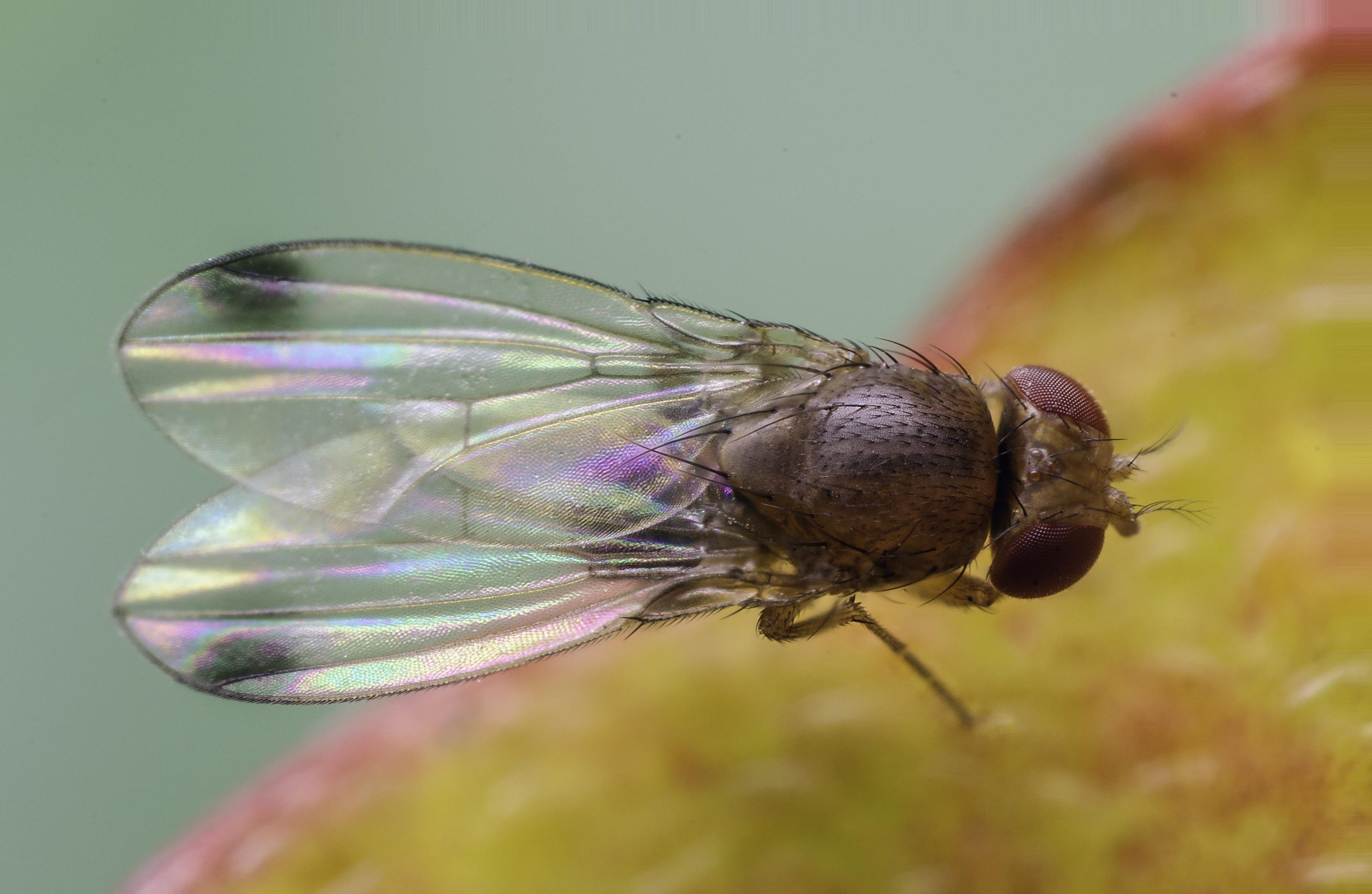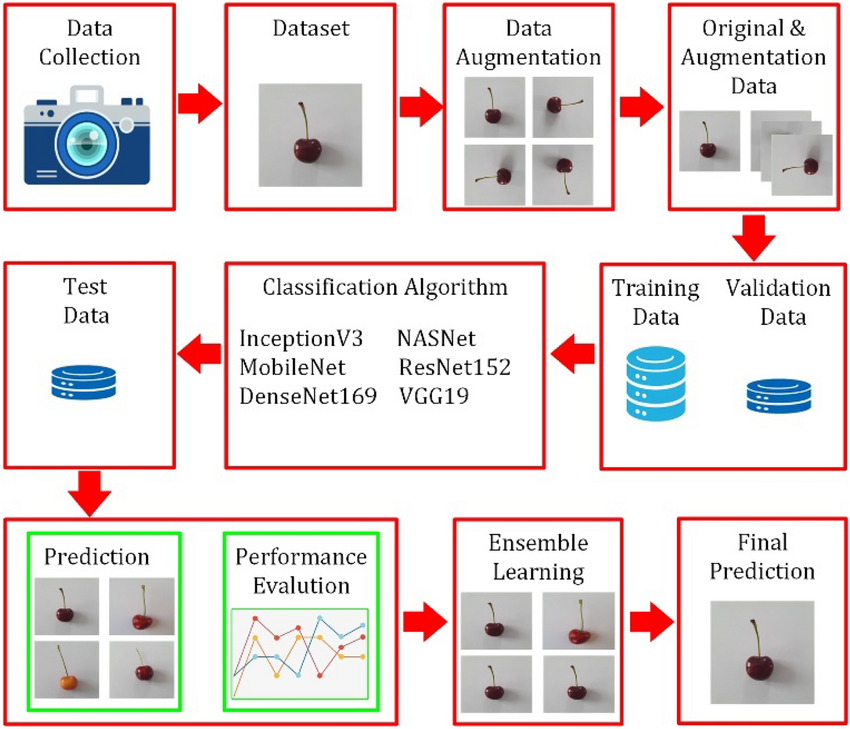The NIAB's recent investigations into Drosophila spotted-wing (SWD) - the invasive fly that has revolutionised the fruit industry - are explained by Dr Michelle Fountain. This small fly has a unique behaviour, preferring to lay its eggs in unripe fruit, leading to considerable crop losses, up to 90%.
The initial invasion of SWD in the UK triggered an educational effort among fruit growers, but early control attempts relied mainly on insecticides, disrupting established biological methods. New research by the NIAB, however, offers innovative perspectives. SWD was found not to be competitive with other species that lay their eggs in softer fruit, opening the way for potential future controls.
In Europe, the introduction of commercial parasitoids is one solution, but in the UK, NIAB has focused research on analysing the contribution of native parasitoids, which are often restricted in crops due to pesticide use. One interesting approach involves trapping SWD in surrounding areas during autumn and winter, taking advantage of the fly's period of activity.

The collaboration with BigSis demonstrates a promising approach, using X-rays to sterilise flies. Projects with Russell IPM and Microbiotech are developing strategies that combine reduced doses of insecticides with attractive baits, significantly reducing pesticide use and environmental impact.
Despite the challenges, research and innovation are shaping the future of SWD control in the UK fruit industry. Diversification of control strategies, including automation, is becoming crucial to address changes in pest conditions and populations.
Read the full article: Hortidaily
Image: Hortidaily
Cherry Times - All rights reserved











